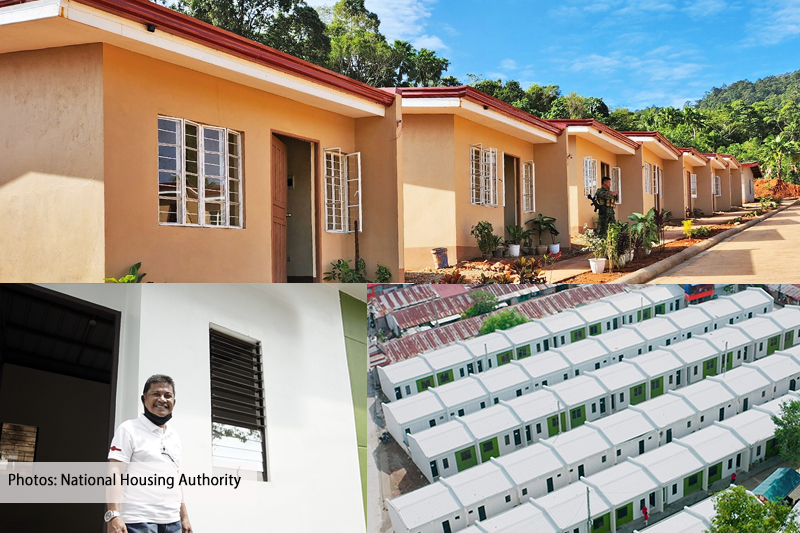MANILA, Philippines — The Philippines will continue to face difficulties in the development of smart cities despite it being the solution to the country’s urbanization issues.
In a recent study, state-run think tank Philippine Institute for Development Studies (PIDS) said the Philippines has begun its path toward building smart cities but it continues to face challenges along the way.
This even as local government units are motivated by the expected outcomes of smart city initiatives, which include “high quality of life, competitive economy and sustainable environment.”
Smart cities include Metro Manila, Metro Clark, Metro Cebu and Metro Davao.
PIDS authors Tatum Ramos, Pauline Lorenzo, Jenica Ancheta and Marife Ballesteros said among the biggest issues are operational costs and lack of interoperability.
In terms of funding, the researchers said LGUs faced challenges in setting up the necessary information and communications technology infrastructure and systems needed to operate smart city initiatives.
“While the majority of LGUs have existing basic ICT infrastructure, the fast-paced growth of the technology industry requires these LGUs to continuously upgrade their systems which can be very costly,” they said.
The lack of systems interoperability has also made it difficult for LGUs to collate data, especially in times of disasters and public health emergencies.
PIDS noted that LGUs are also wary of the public uptake of smart city initiatives, particularly the ability to adapt to technological innovations, as well as the lack of public trust in data use and storage.
Other challenges include the digital divide, lack of policies and standards in implementing smart city initiatives, and change in administration.
Amid the still high number of challenges in developing smart cities, PIDS emphasized that national government agencies have a significant role to play in addressing such issues.
For one, the Department of Science and Technology should enhance its framework for smart sustainable communities and cities.
The Department of the Interior and Local Government is also urged to promote and monitor the adoption of the framework and gauge smart city development among Philippine cities and incentivize cities to adopt the smart city concept.
Meanwhile, the Department of Information and Communications Technology and the National Privacy Commission can issue guidelines and standards on developing data repositories and data protection.
In a recent study, state-run think tank Philippine Institute for Development Studies (PIDS) said the Philippines has begun its path toward building smart cities but it continues to face challenges along the way.
This even as local government units are motivated by the expected outcomes of smart city initiatives, which include “high quality of life, competitive economy and sustainable environment.”
Smart cities include Metro Manila, Metro Clark, Metro Cebu and Metro Davao.
PIDS authors Tatum Ramos, Pauline Lorenzo, Jenica Ancheta and Marife Ballesteros said among the biggest issues are operational costs and lack of interoperability.
In terms of funding, the researchers said LGUs faced challenges in setting up the necessary information and communications technology infrastructure and systems needed to operate smart city initiatives.
“While the majority of LGUs have existing basic ICT infrastructure, the fast-paced growth of the technology industry requires these LGUs to continuously upgrade their systems which can be very costly,” they said.
The lack of systems interoperability has also made it difficult for LGUs to collate data, especially in times of disasters and public health emergencies.
PIDS noted that LGUs are also wary of the public uptake of smart city initiatives, particularly the ability to adapt to technological innovations, as well as the lack of public trust in data use and storage.
Other challenges include the digital divide, lack of policies and standards in implementing smart city initiatives, and change in administration.
Amid the still high number of challenges in developing smart cities, PIDS emphasized that national government agencies have a significant role to play in addressing such issues.
For one, the Department of Science and Technology should enhance its framework for smart sustainable communities and cities.
The Department of the Interior and Local Government is also urged to promote and monitor the adoption of the framework and gauge smart city development among Philippine cities and incentivize cities to adopt the smart city concept.
Meanwhile, the Department of Information and Communications Technology and the National Privacy Commission can issue guidelines and standards on developing data repositories and data protection.












